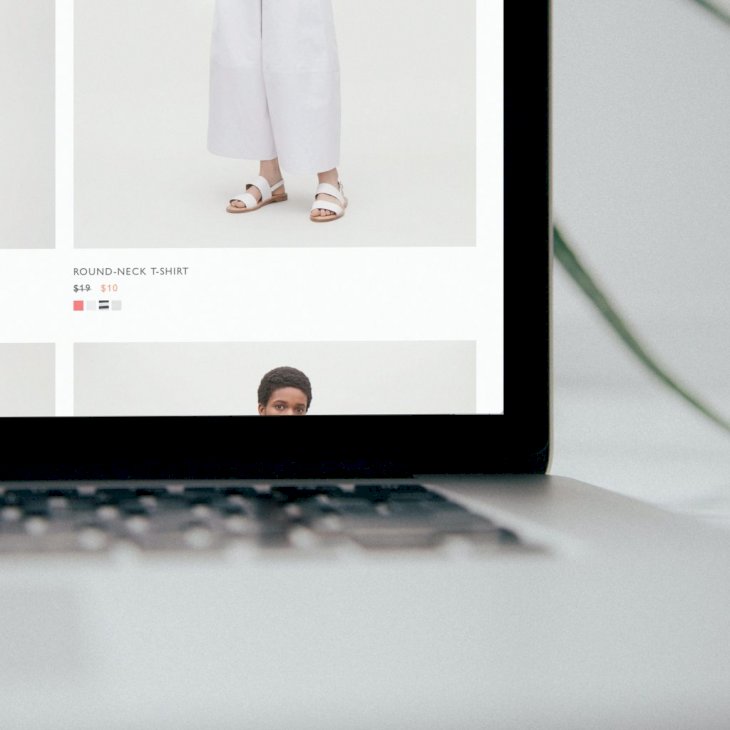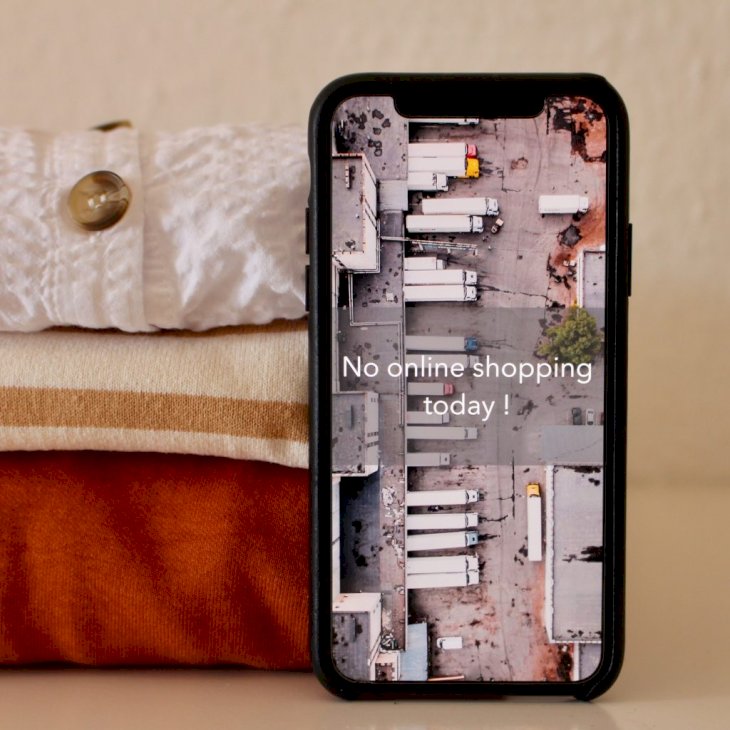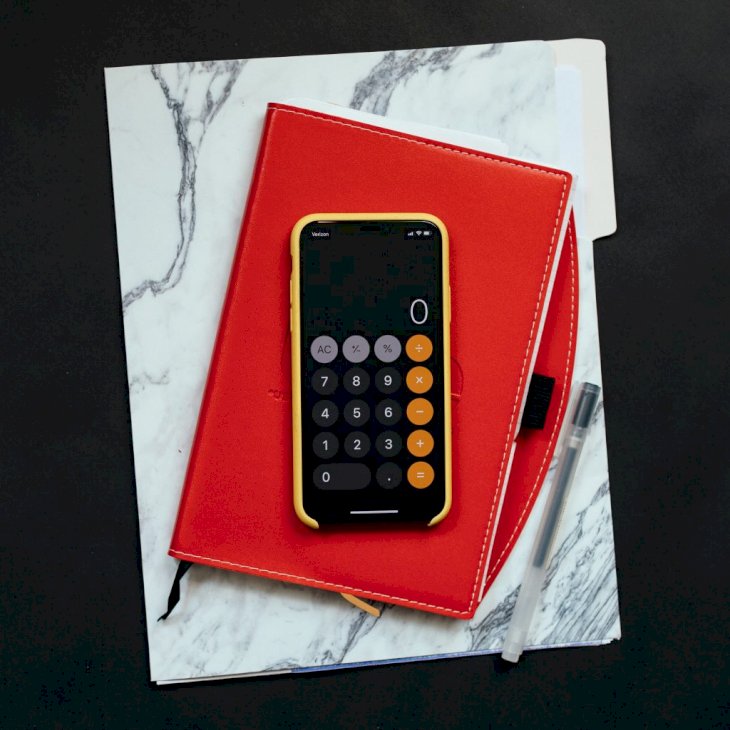
Exploring Emotional Spending: The Signs And How To Overcome it
From scrolling through scores of catalogs, clicking adds to cart, and then almost immediately tracking your order till it eventually makes its way to your doorstep. Online shopping is an exhilarating feeling.
The lockdown saw a significant rise in online spending, from Tiktok "making" us buy things to the convenience of having your groceries and medication delivered to your doorstep; consumerism is on the up and up.
One of the results of this convenient shopping has been an increase in emotional shopping. While many might appreciate the occasional self spoil, at some point, it can become more impulsive and possibly detrimental.
The Connection Between Wellness And Financial Wellness

Many people feel that buying something will make them feel better. You go from candle to eye cream in the name of self-care, and for a while, it might work to boost your mood. However, the dopamine hit is short-lived, and in some cases causing the desire to repeat the process or just leave you with some regret.
Unfortunately, the idea of self-care has also been largely attributed to having all the perfect tools to help you relax. Instead of taking care of yourself, you find yourself surrounded by things that temporarily feel good. But somehow, you're ending your day still unhappy, anxious, and possibly worrying about your finances.
Possible Triggers

Photo by Tamanna Rumee on Unsplash
Emotional shopping is largely triggered by boredom. When you're doing less than you used to, you might occupy yourself by hunting for deals online and buying things because they're on sale.
But it can also be the result of stress. When you're feeling wound up and overwhelmed by other things in your life, checking out your cart can give you a release.

Photo by Charles Deluvio on Unsplash
But to add to it all, the fact that making a purchase can happen at the click of a button makes the process thoughtless. The ease at which we're now able to have all the things we see on social media, including the cute WFH outfits, post-pandemic makeup "necessities," skincare holy grails, and so much more. Sometimes purchases feel like you have it "under control" because you're not in debt, but forming the habit of frivolous spending can form a cycle of not addressing your mental wellbeing and denting your finances.
How To Overcome Emotional Spending

Photo by OneSave/Day on Unsplash
Stop before you purchase. Take a few moments away from your phone or laptop. In this time you might be able to convince yourself that you really need this new pair of shoes because they're so trendy and they go with everything, or you'll realize that you have a pair that looks similar and maybe you don't need these.
Look at your bank statements at the end of the month and see whether or not you've fallen out of your budgeted amount and if you don't have a budget, consider drawing one up. It can help you spot patterns like if you're spending mostly on Friday nights or lunch breaks. Exposing the patterns can help you think twice when the moment arises.

Photo by Kelly Sikkema on Unsplash
If your spending is affecting your general life, consider seeing a psychologist unpack possible reasons that are causing your compulsive spending. Also, remember always to be kind to yourself in everything including your finances.